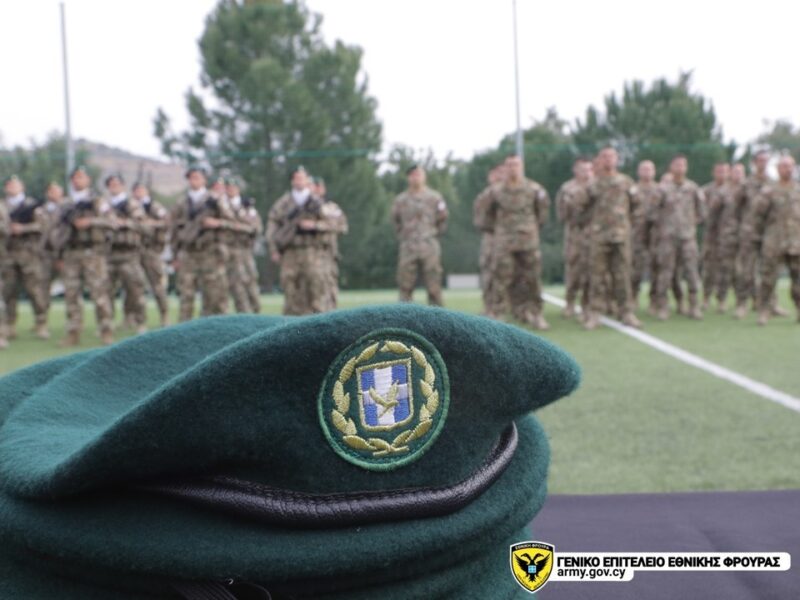WASHINGTON — Epirus has completed initial government acceptance testing of its high-power microwave prototype intended to counter drone swarms, the company said in a Nov. 1 statement.
The prototype system delivered to the US military is part of the agency’s effort to develop an indirect fire protection capability that would protect fixed and semi-fixed sites from drones as well as rockets, artillery and mortars, and cruise missiles. The IFPC system will consist of a mixture of hard-kill interceptors as well as a laser and a high-powered microwave capability.
The Army is also now receiving the first 12 prototype IFPC launchers from Dynetics. operational trials will begin in 2024.
The IFPC-HPM, Epirus said, is an anti-drone-swarm capability developed under a December 2022 contract awarded by the Army’s Rapid Capabilities and Critical Technologies Office.
Venture capital-backed Epirus built its prototype, Leonidas, as a cost-effective way to deal with cyber threats, as the Army grappled with using expensive missiles to eliminate cheap drone threats. Leonidas can quickly shoot targets with “almost immediate results” without overheating, the company said, and the system eliminates the need to reload.
“Operators can precisely and safely control the system’s HPM pulse to chase individual UAS and swarms, depending on the threat environment,” the company’s statement said.
Epirus “successfully” completed a recent government acceptance test of Leonidas, Nevada-based IFPC-HPM, the company said in the release.
The system was “stressed” in a number of scenarios and proved both its ability swarm defeat as well as its reliability, the company said.
The system will continue to undergo Army evaluation and testing that will feed into the development of tactics, techniques and procedures for operational use, according to the company.
As part of the contract with RCCTO, three more prototypes will subsequently be delivered to the Army. These systems will also undergo more development testing.
Epirus has grown rapidly, raising a total of $80 million in funding within two years of its founding in 2018. Major contractors such as Northrop Grumman, General Dynamics and L3Harris Technologies have all invested in the company’s technology.
Jen Judson is an award-winning journalist who covers land warfare for Defense News. He has also worked for Politico and Inside Defense. He holds a master’s degree in journalism from Boston University and a Bachelor of Arts degree from Kenyon College.
Read the original at Defence247.gr

